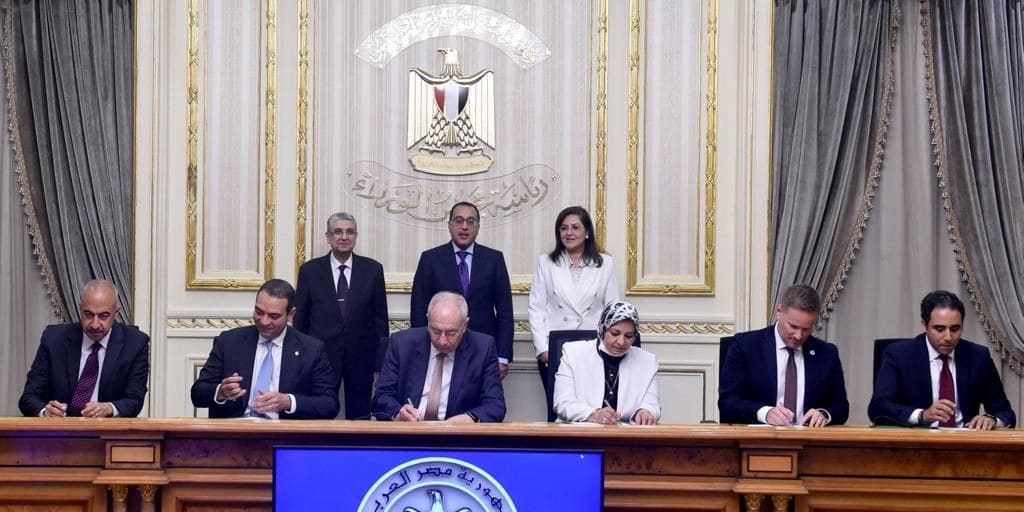A new renewable energy producer is eyeing the growing green hydrogen market in Egypt. It is the French company Total Eren, the subsidiary of the oil company TotalEnergies. It has teamed up with portfolio manager Enara Capital to strike deals with the General Authority of the Suez Canal Economic Zone (SCZone), the Sovereign Wealth Fund of Egypt (TSFE), the Egyptian Electricity Transmission Company (EETC) and the New and Renewable Energy Authority (NREA).
With the support of the Egyptian authorities, the two partners want to carry out preliminary studies for a green hydrogen project in the Gulf of Suez. According to SCZone, the project involves setting up facilities capable of producing 30,000 tonnes of green hydrogen per year. This capacity is much lower than those negotiated by other companies, notably the French company EDF Renouvelables, which wants to produce 350,000 tonnes per year, or the UAE company Masdar, which is counting on 480,000 tonnes per year by 2030.
Read also- EGYPT: with Hassan Allam, Masdar wants to convert 4 GW of electricity into hydrogen
However, Total Eren’s capacity is expected to rise to 1.5 million tonnes per year according to SCZone. “The Egyptian state is working diligently to support the transformation to a green economy based on clean energy, especially by providing facilities and incentives to attract green investments and exploit green financing opportunities,” says the Egyptian government.
To date, several international companies have expressed interest in producing green hydrogen in Egypt. This is also the case of Norway’s Scatec, which has joined forces with Orascom Construction and Fertiglobe. For its part, the Emirati energy company Amea Power wants to develop a green hydrogen project in the Suez Canal economic zone in two phases. The first phase will have a capacity of 240,000 tonnes per year by 2026 and 390,000 tonnes per year in the second phase.
Jean Marie Takouleu
